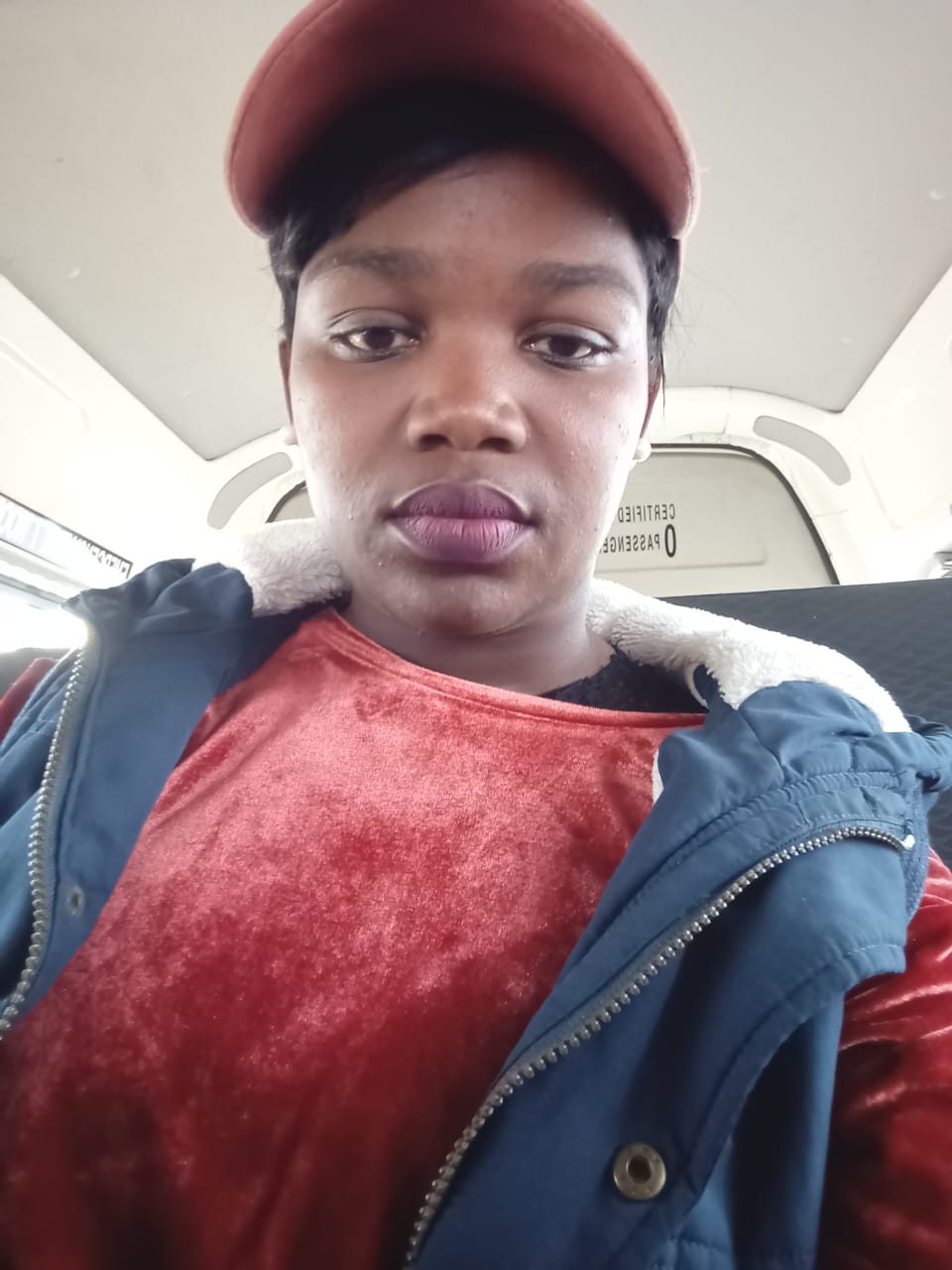Day 2 of the Winter School drew participants closer to movement building and understanding the cause of their problems and ways to resolve issues within communities and organisations. This engaging session explored the difficulties of solving issues in working-class communities and the challenges when implementing the three moments of social change in building movements and sustaining organisations.
Moments of social change are some of the theoretical reflections on movement -building, these come in three different steps, firstly the working class has to organise and mobilise its groups, secondly, they need to have a common understanding of the sources of the problems it faces, Thirdly Preserving memory moments, are captured, documented or kept as a way of preserving history and drawing on the historic lessons.
In groups, participants discussed these moments of social change to analyse the important role each moment plays when building organisations and movements. In their groups, they had to discuss how these moments are applied in their daily lives and struggles. Participants struggled with the reading and grappled with these new concepts. They had to draw a flower with 3 petals that represent how these 3 moments come together to build movements, as a flower would need water, oxygen and soil to grow, the working class also needs these 3 moments to grow and flourish.
Participants struggled with the reading and the facilitators had to change the methodology to simplify these concepts. “It was difficult to understand new words from the readings” said Goerge comrades had to search words on Google and scratch heads about some of the big new words they came across in their readings, but this was the process of learning.
Participants then moved into acting out their own understanding of these moments which clarified things for them.
“Learning and demonstrating Through acting, clearly showed how these 3 moments interlink in real life and that was empowering,” said Thandiwe Tsaka from People’s Health Movement.
The theatre plays clearly highlighted the need for the Working class to organise and challenge capitalism to eliminate inequality and injustices.
This article was submitted as part of the Imbila Yesu publication produced daily for the duration of the Winter School in 2023 (23-28 July 2023). It appeared in Edition No. 3, released on 26 July 2023. You may republish this article, so long as you credit the author and Karibu! Online (www.Karibu.org.za), and do not change the text. Please include a link back to the original article.


 Download PDF
Download PDF
